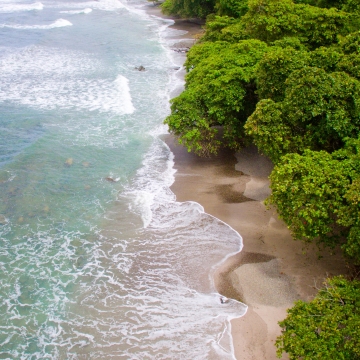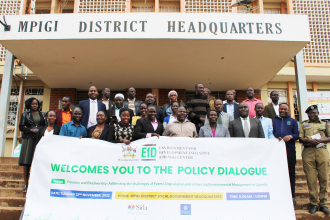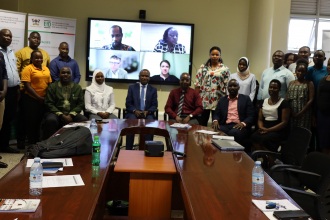Sanctioned Quotas Versus Information Provisioning for Community Wildlife Conservation in Zimbabwe: A Framed Field Experiment Approach
AbstractWe investigate the behavioural responses of natural common-pool resource users to three policy interventions—sanctioned quotas, information provisioning, and a combination of both. We focus on situations in which users find utility in multiple resources (pastures and wild animal stocks) that all stem from the same ecosystem with complex dynamics, and management could trigger a regime shift, drastically altering resource regrowth. We performed a framed field experiment with 384 villagers from communities managing common-pool wildlife in Zimbabwe.







